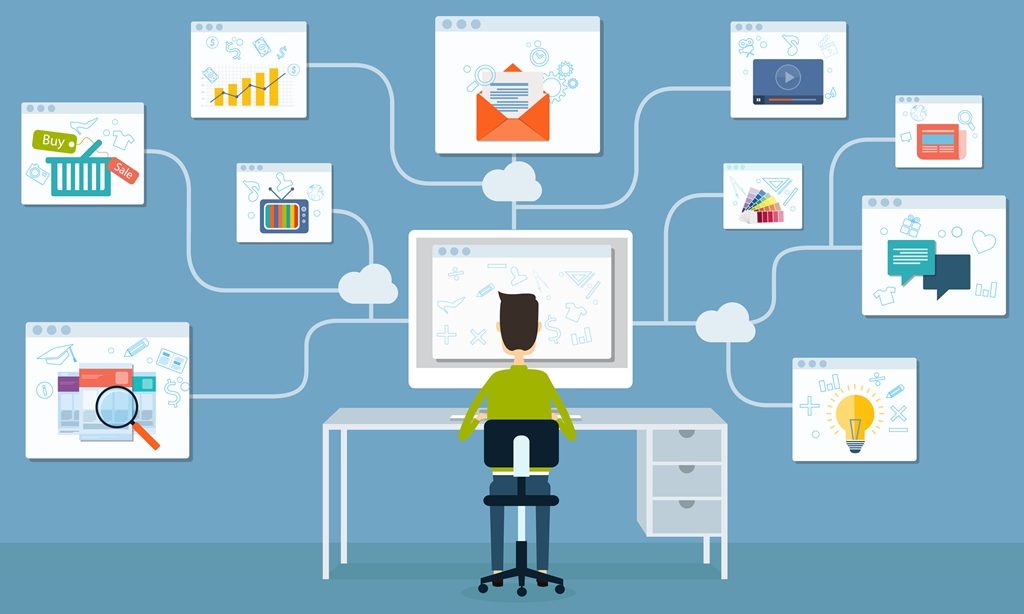Online Learning, Benefits, and Challenges

Online and e-learning (distance education) are synonymous terms describing Internet supported instructional learning environments. Moreover, both offer a wide range of academic and professional development programming.
environments. Moreover, both offer a wide range of academic and professional development programming.
Today, for the self-disciplined learner, acquiring this type of learning experience can be tremendously advantageous.
For example, you can earn an undergraduate/graduate/professional degree totally online, or take certain, pre-approved courses online to satisfy your B.A./graduate/professional degree requirements.
You can sign up to take courses in an asynchronous (at your leisure) or synchronous (time specific) learning environment, depending on the requirements of the academic program. In either case, wherever your personal computer resides is, in effect, your own, personal class-room.
To be an effective e-learner, you should know how to write and communicate clearly. Participating in interactive, online learning activities such as class discussion boards and collaborative group activities often require using those skill sets.
 You also need to know and use your institution’s library and information resources. In addition, you need baseline information and digital literacy skills in order to perform required classroom/research activities.
You also need to know and use your institution’s library and information resources. In addition, you need baseline information and digital literacy skills in order to perform required classroom/research activities.
Always make sure you analyze carefully the course syllabus to comply with course requirements and associated deadlines.
MOOCs Massive Open Online Courses
If you are unfamiliar with this type of learning environment, then consider signing up for a MOOC. A MOOC (massive open online course) is a free, online course sponsored by a variety of institutions of higher learning across the country and around the world.
MOOCs are currently being offered by such institutions as Stanford University, MIT, Harvard University and many others. Review the benefits and challenges listed below. Investigate worldwide MOOC opportunities as well.
Definitely take advantage of the experience if readily available and meets your academic and/or workplace needs. Remember, learning is always a beneficial experience, no matter the venue.
Online Learning Benefits:

Online Learning Benefits and Challenges
- Earn a bachelor’s, graduate, and/or professional degree online
- Build professional skill sets on your own timetable
- Flexible study schedules
- May be eligible for employer’s tuition assistance program
- May be a money saver in terms of commuting expenses
- Provides interactive learning opportunities
- Online courses may be customizable
- Check your institution for financial aid eligibility
- Hone your information and digital literacy skills
- Excellent option for adult learner work/life balance
Online Learning Challenges:
- Student self-discipline, time management, and motivation
- Proficiency in using information and communication technologies
- Degree completion time limits
- Limited face to face faculty and classroom contact
- Vulnerable to academic dishonesty
- Not suitable for all types of learners
- A potentially isolating learning experience
- Limited online engagement in practical, real world learning experiences
- Accreditation certification
Right now, most MOOC courses are free. However, higher education is diligently at work trying to turn them into cash cows. So take advantage of them now while they are still free.
